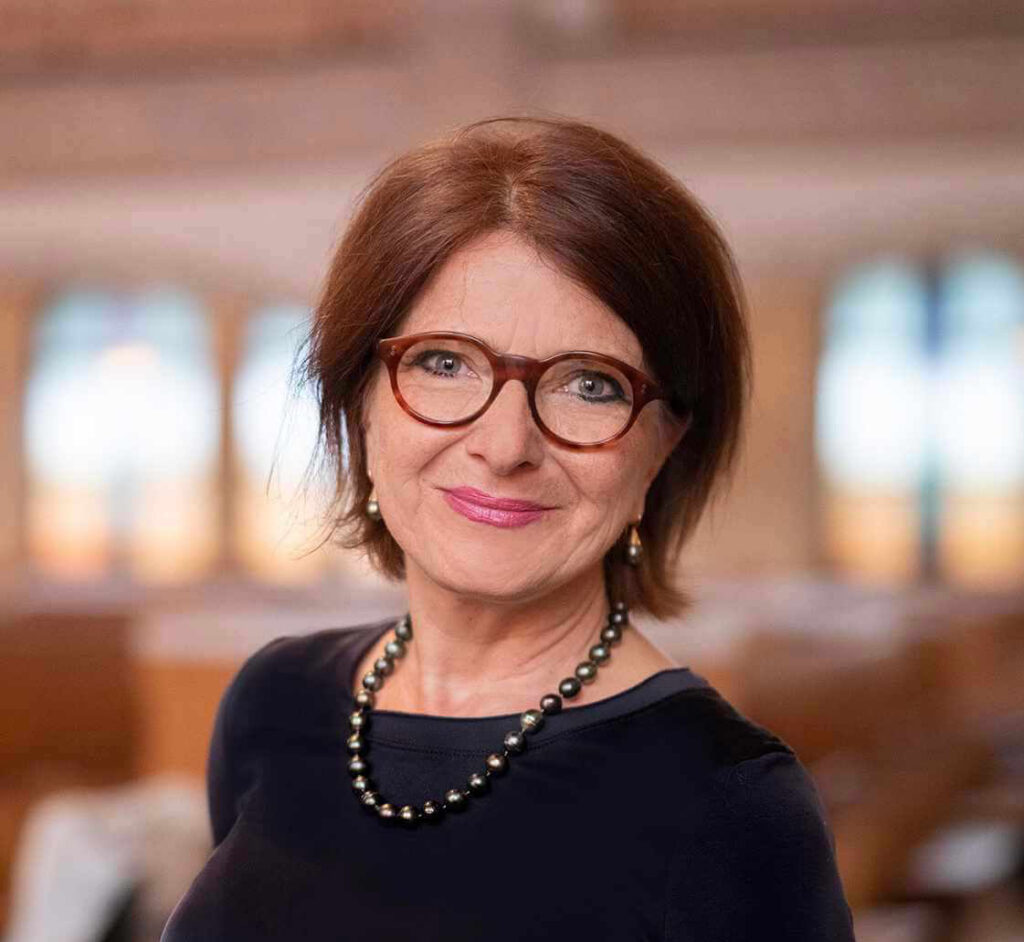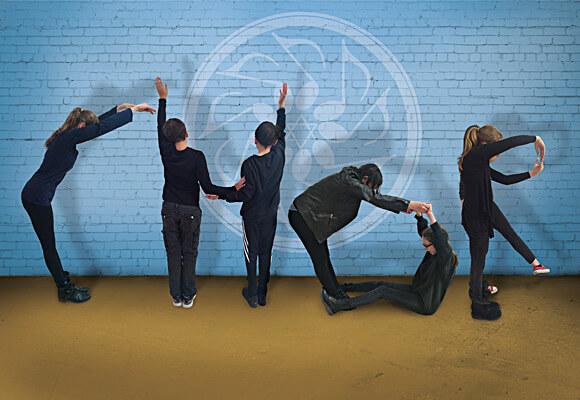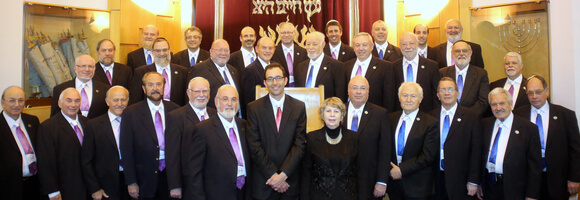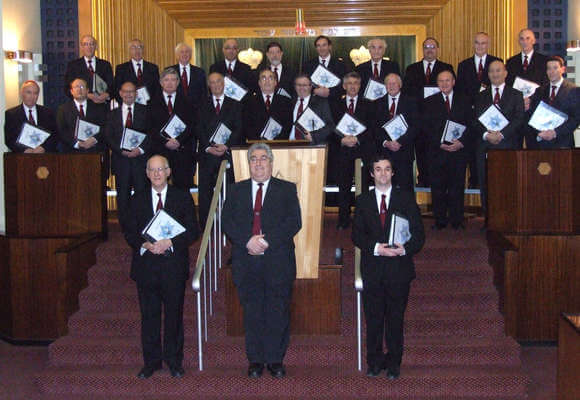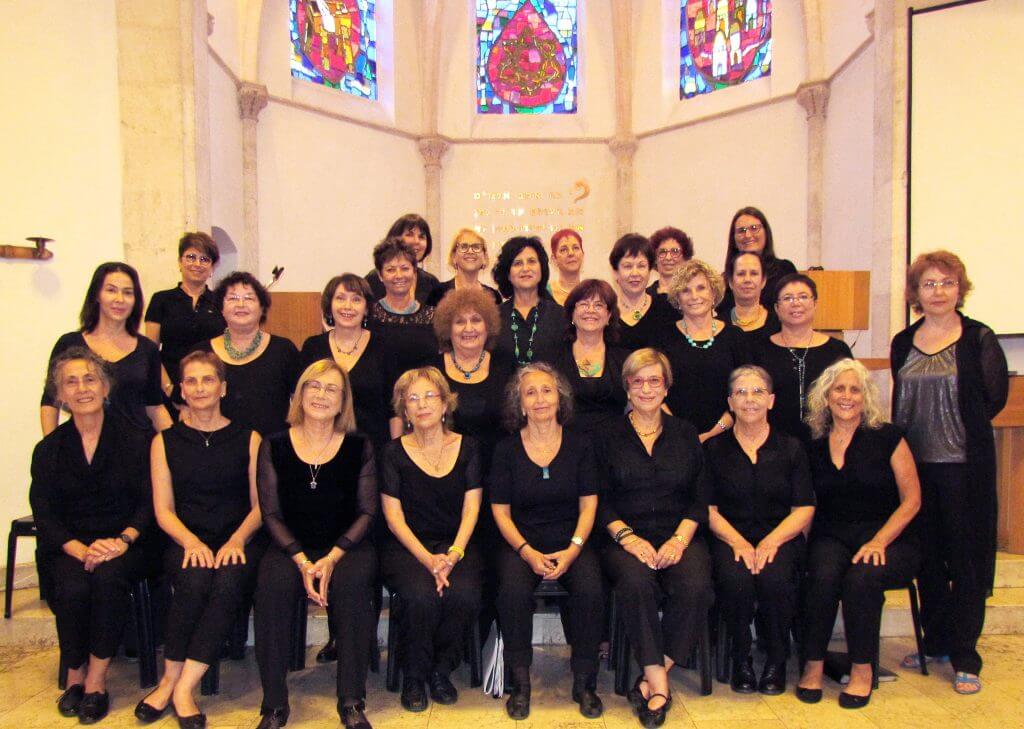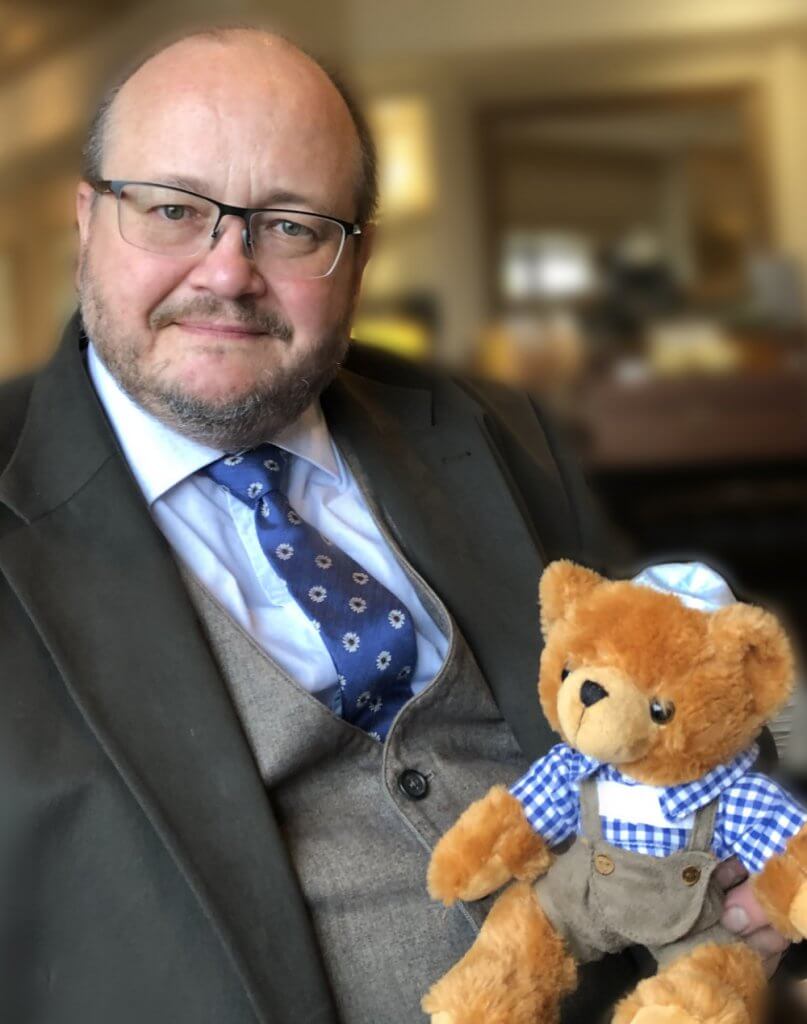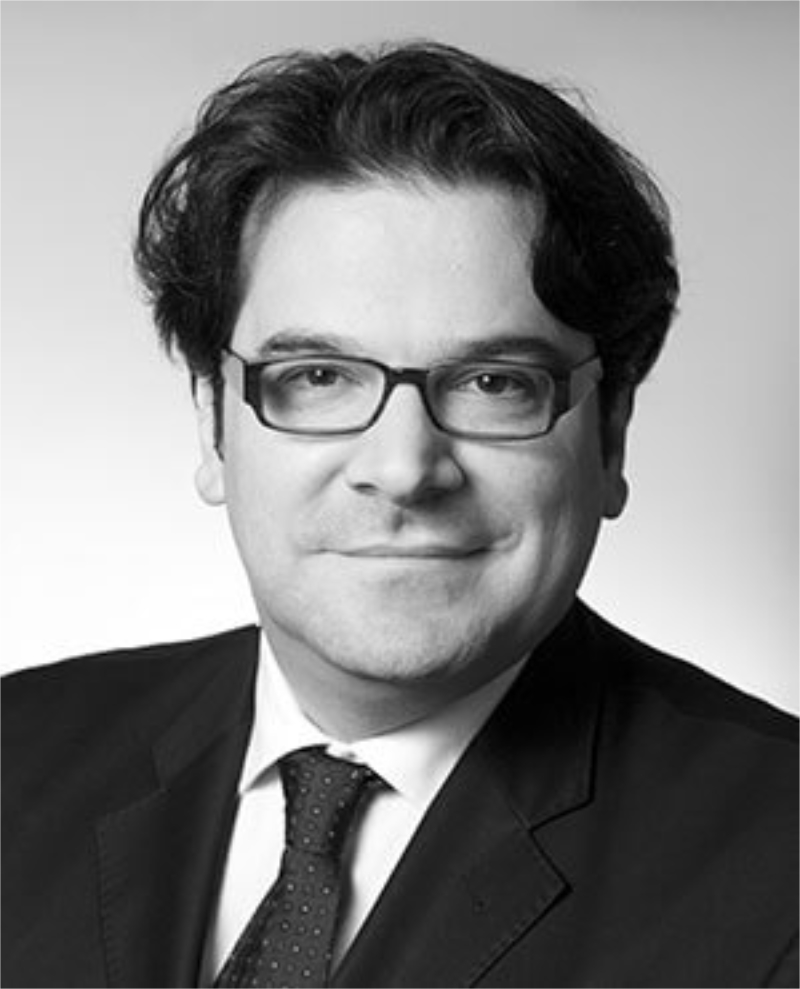The eastern firmament
Music of the Eastern European
"Chor Shul"
Louis Lewandowski Festival 2015
The emergence of the Chor-Shul style in Eastern Europe
In the second half of the 19th century, Eastern European Jewish culture began to open up to the West.
Cantors and laypeople were particularly impressed by the music for cantor and choir sung by Salomon Sulzer (1804-1880) in the Vienna Temple.
However, this style, strongly influenced by Viennese classical music, could not easily be transferred to the synagogues of Eastern Europe.
The austerity and sobriety of the Eastern European liturgy stood in contrast to the freer, more emotional musical style of the Jewish communities in the West.
The development of a new musical style
Instead of adopting the Viennese style, the Jewish communities of Eastern Europe developed their own musical style.
This combined Western choral music with Eastern coloratura and the emotional singing of the cantors.
This new style, which represented a unique blend of Western and Eastern elements, quickly became popular and led to the establishment of numerous choral shul synagogues throughout Eastern Europe.
Each of these synagogues had a cantor and a boys’ choir that sang a capella.
The Brodi shul in Odessa became particularly famous, where Cantor Pinchas Minkowski and choirmaster David Nowakowski even established an organ and a mixed choir of men and women.
The spread of the Chor-Shul style
The Chor-Shul synagogues became a cultural center that went far beyond the mere practice of religion.
Many Jews visited these synagogues on Shabbat and holidays to experience the impressive performances of the choir and cantor after they had fulfilled their religious duties in smaller synagogues or prayer rooms.
With the mass immigration of Eastern European Jews to England, North and South America, South Africa and Israel, the choral shul style spread worldwide.
In cities such as London, where the famous Samuel Altman Choir performed in the Great Synagogue in Duke’s Place, crowds often had to be controlled by the police.
The decline and legacy of the Chor-Shul tradition
The Shoah caused immeasurable damage to the choral shul style and the synagogues.
Many cantors, choirmasters and singers were murdered and the synagogues in which this style of music was cultivated were destroyed.
In the second half of the 20th century, this musical style lost popularity as congregational singing increasingly came to the fore.
Nevertheless, the tradition of the choral shul style lives on in numerous orthodox and conservative synagogues around the world, such as the Great Synagogue in Jerusalem or the Park Avenue Synagogue in New York.
Prof. Dr. Eliyahu Schleifer

